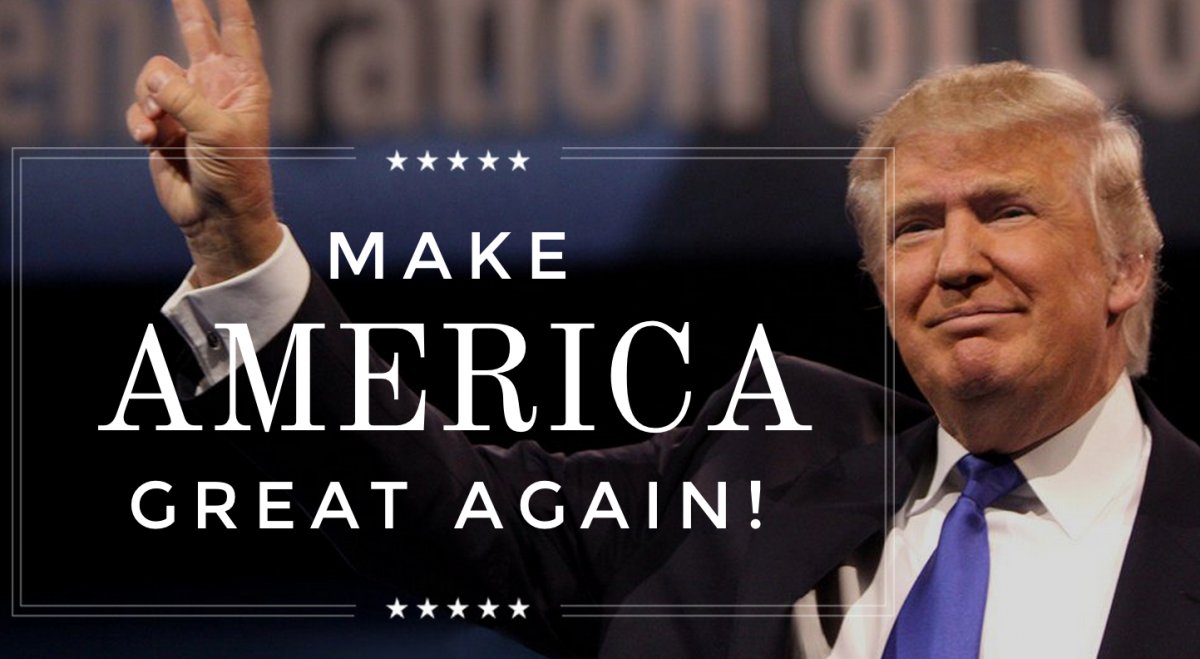 |
| Obama said manufacturing jobs are never coming back to America. Trump proved him dead wrong. |
Detroit automakers are facing technological disruption, whipsawing government policies and economic uncertainty.
Driving the news: Just-completed labor contracts between Detroit automakers and the United Auto Workers union yielded $22.7 billion in planned investment in U.S. factories over the next four years, adding or securing 25,400 jobs.
But that is just the start. You don't open up new plants over night. It takes years to get through regulatory red tape. But the Trump corporate tax cuts now make it economically feasible to once again manufacture product in the USA.
- Instead of pulling on the reins, they are pouring money into their American manufacturing operations.
Why it matters: The spending commitments provide a measure of stability for American auto workers in a rapidly transforming industry, while also giving President Trump something to boast about in industrial swing states.
- "Every time a car plant opens in Michigan, think of Trump!" the president told supporters at a rally in Grand Rapids on Wednesday.
- About $15 billion, or two-thirds of the overall commitment from GM, Ford and FCA, is earmarked for Michigan, says the Center for Automotive Research.
- The rest is sprinkled across the Midwest to revamp factories in Illinois, Indiana, Kentucky, Missouri and Ohio.
Three big factors — technology, trade and Trump's corporate ax cuts — are driving the increased investments.
- Electric vehicles require new equipment and processes, which means some plants must be gutted.
- Carmakers also need to bolster their U.S. manufacturing footprint to ensure compliance with Trump's new U.S.-Mexico-Canada trade agreement (USMCA), passed by the House on Thursday and likely to be taken up by the Senate in January.
The USMCA, which replaces the 25-year-old North American Free Trade Agreement, allows current trade flow to continue but sets stricter rules — and in turn higher costs — for parts and labor rates. For automakers to avoid tariffs:
- 75% of light vehicles and core components like engines and transmissions must be sourced in North America, up from 62.5% under NAFTA.
- 40% of passenger vehicle components (and 45% of pickup trucks) must be made by workers earning at least $16 per hour — almost four times what the typical Mexican autoworker earns
- Ford will invest more than $1.45 billion in two Michigan plants and add 3,000 new jobs.
- GM will spend $3 billion and create 2,225 new jobs to produce electric pickups and vans at a plant in Detroit.
- Fiat Chrysler Automobiles will spend $4.5 billion, on top of $4.5 billion previously announced, to expand factories, adding up to 6,750 new jobs.
The number of job openings surpassed the number of job seekers for the first time on record, which is great news for Americans who are unemployed and unable to find good, stable jobs.
65 percent of Americans say now is a good time to find a quality job, according to Gallup.
Businesses are finally bringing money held overseas back to the United States as a result of the Tax Cuts and Jobs Act signed into law by President Trump.
Steel and aluminum producers are pouring in new investment and creating new jobs in the United States following the tariffs placed on those industries to protect our national security.
American manufacturers are more optimistic than ever and expect their winning streak to continue, according to a recent survey by the National Association of Manufacturers (NAM).
Optimism among manufacturers hit an all-time high in NAM’s most recent survey.
Expectations for employment growth and capital investment over the next year also hit all-time highs in NAM’s most recent survey.
Approximately 344,000 manufacturing jobs have been created since the President took office.

